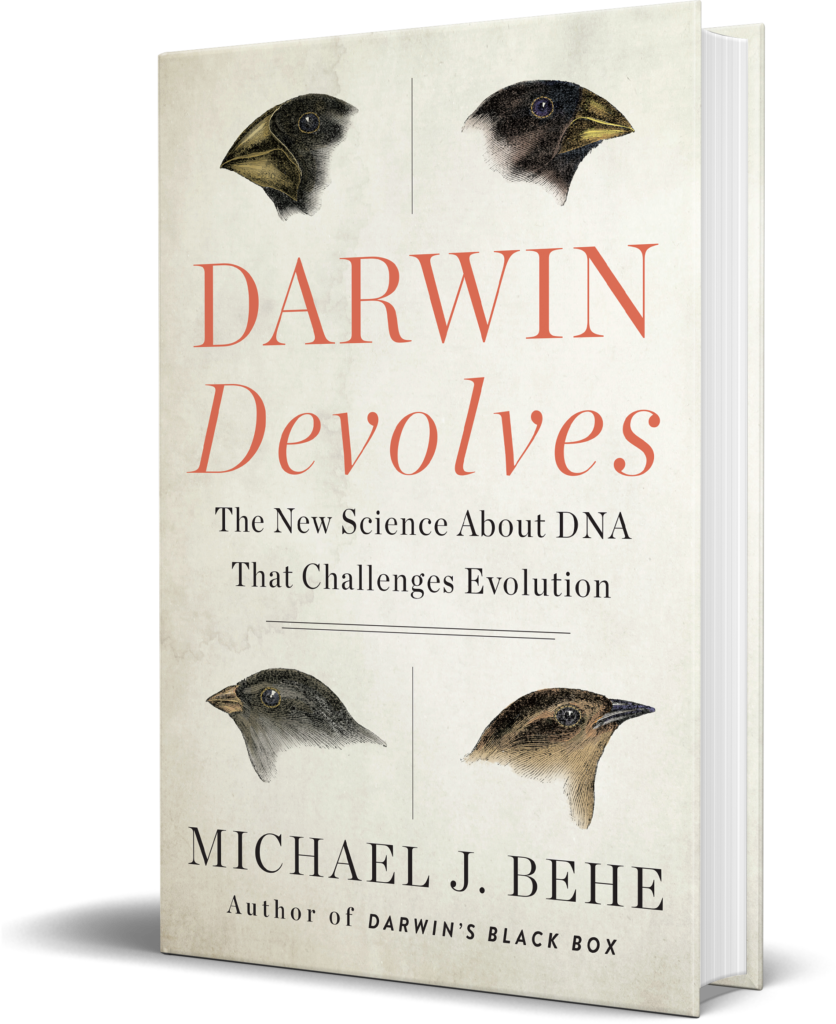
Michael Behe, author of Darwin Devolves, responds to claims that he has misunderstood the polar bear:
This is the first in a series of posts responding to the extended critique of Darwin Devolves by Richard Lenski at his blog, Telliamed Revisited. Professor Lenski is perhaps the most qualified scientist in the world to analyze the arguments of the book…
The question Behe is addressing is whether a genetic adaptation in polar bears that enables them to live on a high-fat diet is actually a convenient loss rather than a gain. In much the same way, a broken side window might help you get into a house if you forget the key code. In extremely cold weather, that may save your life. But it’s not home improvement.
The APOB gene is exceptional in having such detailed research done on it. Most other genes haven’t been so closely investigated. Nonetheless, in the absence of positive evidence to doubt a prediction for a specific case, the results of the computer analysis should be tentatively accepted for other genes to which it has been applied as well. Skepticism on the matter seems to stem less from the data than it does from reflexive defensiveness. (One of Lenski’s co-reviewers actually talked himself into thinking that “it is entirely possible that none of the 17 most positively selected genes in polar bears are ‘damaged.’” Now there’s a great opportunity for someone to make a few dollars with a friendly wager.) …
Helpful higher level changes can often be misleading, because they might actually be based on degradative molecular changes. There is every reason to think that’s what occurred in the evolution of the examples I cite in Darwin Devolves, definitely including the magnificent Ursus maritimus. The more effective clearance of its cholesterol allows the polar bear to thrive on a diet of seal blubber, but it is the result of a mutation that breaks or blunts APOB. Michael Behe, “ Lessons from Polar Bear Studies” at Evolution News and Science Today:
He offers an interesting analogy to a milkshake machine.
Follow UD News at Twitter!
See also: Michael Behe: How to tell if scientists are bluffing
and
Michael Behe responds to the hit prepublication review at Science
Blubber acquisition explained: